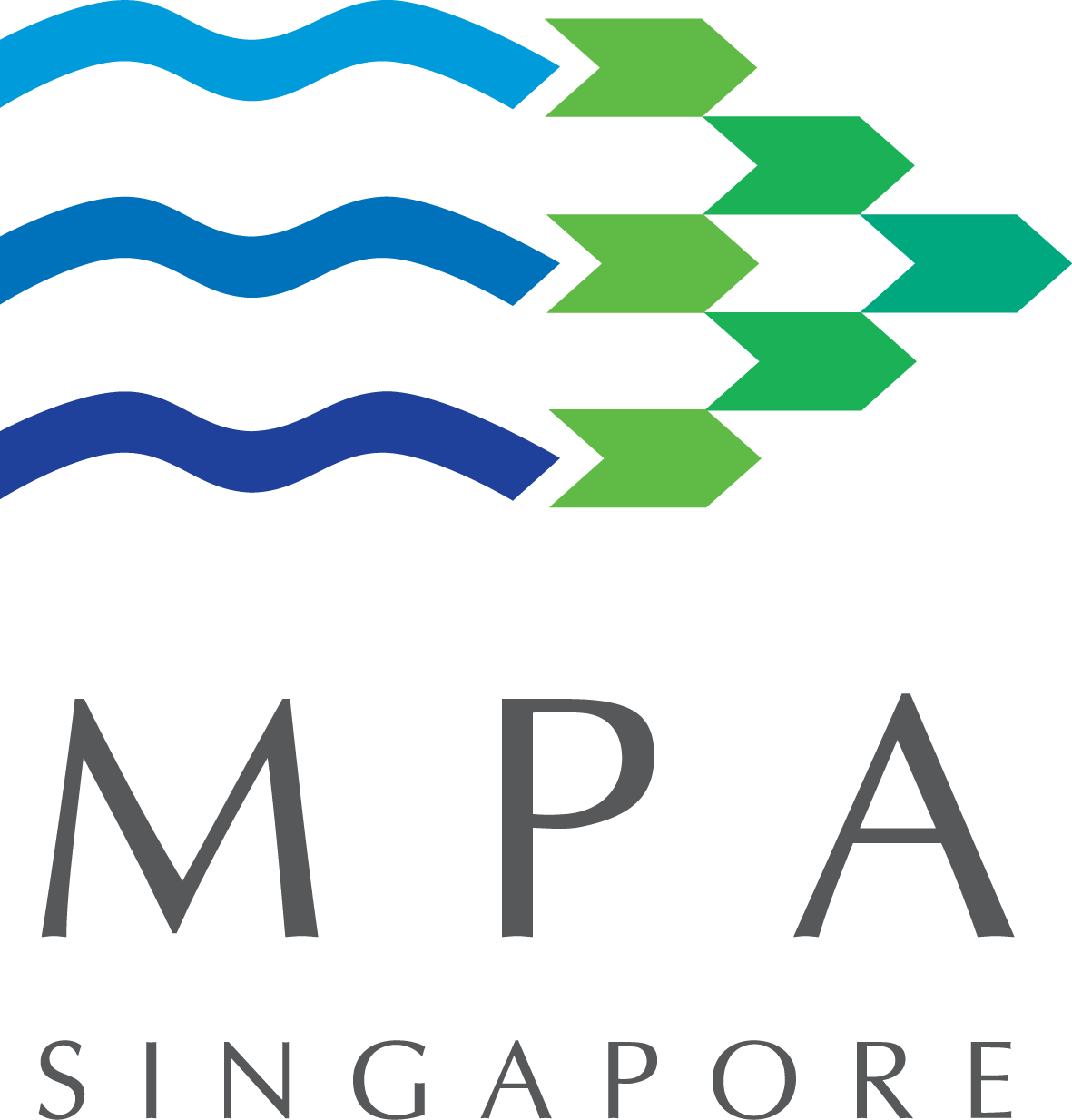Singapore Accedes To the Protocol on Preparedness, Response and Co-Operation to Pollution Incidents by Hazardous and Noxious Substances, 2000 (Oprc-Hns Protocol)
With the deposit of the Instrument of Accession (IOA) today, 16 October 2003, at the International Maritime Organisation (IMO) in London, Singapore will become a party to the Protocol on Preparedness, Response and Co-operation to Pollution Incidents by Hazardous and Noxious Substances, 2000 (OPRC-HNS Protocol).
The OPRC-HNS Protocol was adopted during the IMO's Diplomatic Conference on 15 March 2000. The Protocol extends the scope of the 1990 International Convention on Oil Pollution Preparedness, Response and Co-operation (OPRC Convention) to cover pollution by hazardous and noxious substances (HNS) involving ships, seaports and HNS handling facilities within port. It is intended to be adopted by States already party to the OPRC Convention. Singapore acceded to the OPRC Convention on 10 March 1999.
The Protocol aims to facilitate international co-operation in preparing for and responding to HNS pollution incidents, and to encourage States to develop and maintain adequate capabilities to deal with HNS pollution emergencies. Among other things, the Protocol provides a framework for Contracting Parties to co-operate and render assistance to one another upon request. It also requires each Contracting Party to establish a national system for responding promptly and effectively to HNS pollution incidents. At the minimum, such a system should include a national contingency plan, designated national authorities and operational focal points responsible for ensuring preparedness, co-ordinating responses, reporting, and handling requests for assistance. Ships will also be required to carry shipboard pollution emergency plans to deal specifically with incidents involving HNS.
The OPRC-HNS Protocol will enter into force 12 months from the date the 15th country accedes to it. To-date eight countries, including Singapore, have acceded to the Protocol. The other seven countries are Ecuador, Greece, Malta, The Netherlands, Poland, Sweden and Uruguay.
Singapore's early accession to the OPRC-HNS Protocol, before the Protocol's entry into force, affirms its commitment to protecting the marine environment and its support for the work of the IMO. It is also a prudent and responsible initiative, taken in anticipation of the inevitable increase in the number of vessels carrying chemicals and HNS that will ply our waters, as Jurong Island rapidly develops into an international petrochemical/chemical hub.
End of Release.
Attached:
Background information on OPRC Convention and OPRC-HNS Protocol
